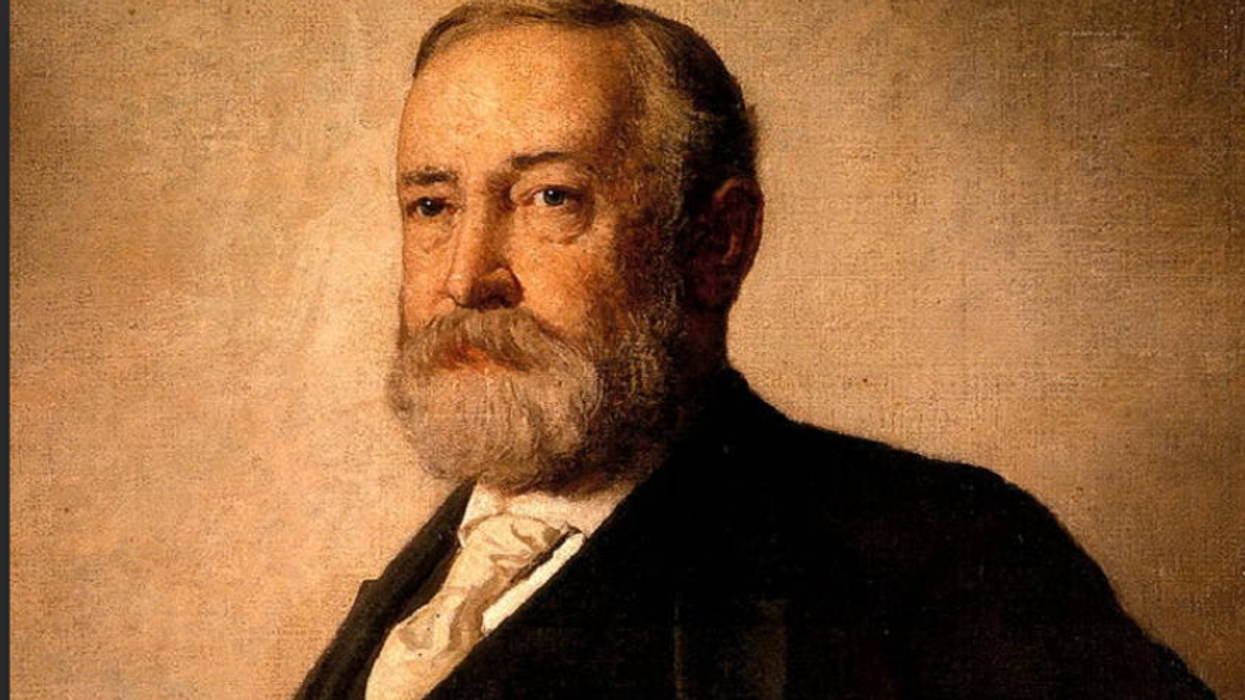A Defeat For Musk: Media Matters Wins Ruling On 'Retaliatory' FTC Probe
A federal court in Washington, D.C. issued a preliminary injunction today blocking the Federal Trade Commission’s investigation into Media Matters for America from moving forward while the court considers the lawsuit Media Matters filed on June 23.
In response, Angelo Carusone, Chairman and President of Media Matters, issued the following statement:
“The court’s ruling demonstrates the importance of fighting over folding, which far too many are doing when confronted with intimidation from the Trump administration. This case is not just about the campaign to punish and silence Media Matters, however. It is a critical test for whether the courts will allow any administration - from any political party - to bully media and non-profit organizations through illegal abuses of power. We will continue to stand up and fight for the First Amendment rights that protect every American.”
A copy of the court’s ruling is available here. Media Matters’ motion for a preliminary injunction is available here.
Key excerpts from the court’s opinion:
- “Speech on matters of public concern is the heartland of the First Amendment. The principle that public issues should be debated freely has long been woven into the very fabric of who we are as a Nation. Without it, our democracy stands on shaky ground. It should alarm all Americans when the Government retaliates against individuals or organizations for engaging in constitutionally protected public debate. And that alarm should ring even louder when the Government retaliates against those engaged in newsgathering and reporting.”
- “Media Matters engaged in quintessential First Amendment activity when it published an online article criticizing Mr. Musk and X.”
The FTC’s investigation is the latest effort by Elon Musk and his allies in the Trump administration to retaliate against Media Matters for its reporting on X, the social media site Musk controls, and it’s another example of the Trump administration weaponizing government authorities to target political opponents. In fact, following federal court rulings against regulatory investigations from Attorneys General Ken Paxton and Andrew Bailey, this is the third time a federal court has stepped in to block this campaign of retaliation by Republican elected officials and protect Media Matters’ constitutional right to free speech.
Musk has led a coordinated assault on Media Matters since November 2023, when the group published a report showing that X was displaying ads beside pro-Nazi posts.
Reprinted with permission from Media Matters












